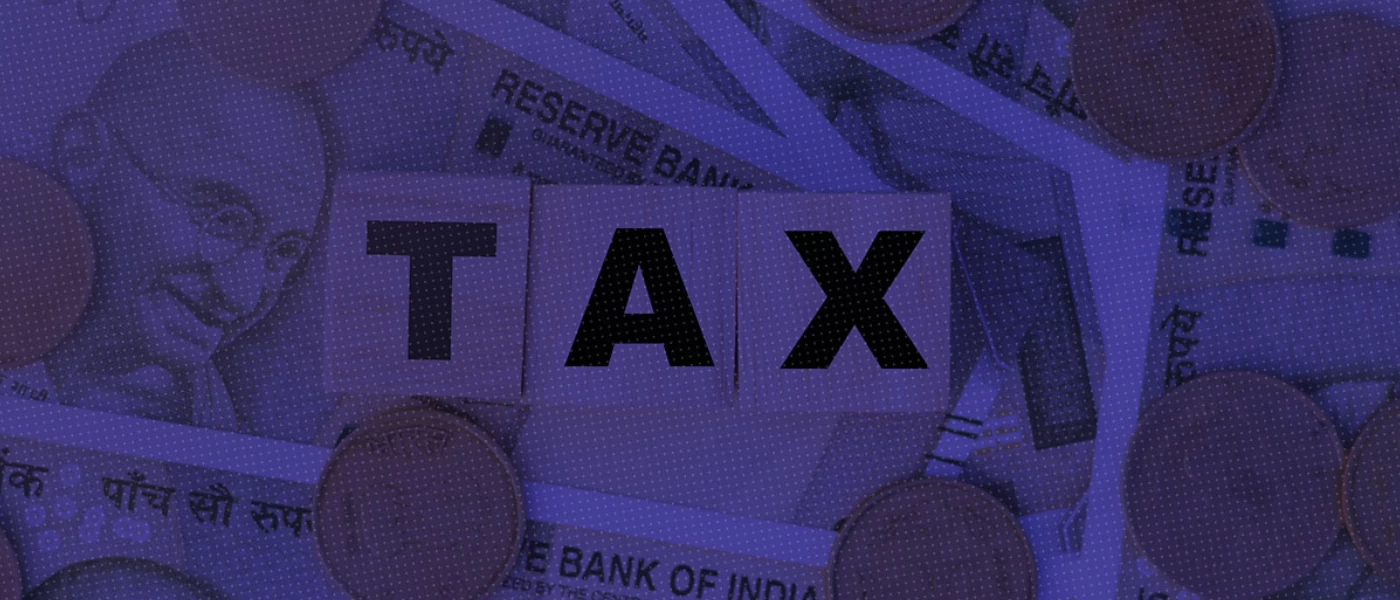Introduction
The Finance Act, 2021 substituted the provisions of reassessment under the Income-tax Act, 1961 (‘Act’). The old reassessment provisions, as they stood prior to the Finance Act, 2021, required the Assessing Officer to have ‘reason to believe’ that the income has escaped assessment. The ‘reason to believe’ was judicially interpreted to mean an ‘independent belief’ of the Assessing Officer, not based on ‘borrowed satisfaction’ or ‘opinion of another authority’. Further, such reason to believe was to be based on ‘new tangible material’ and not on ‘material already available on record’. However, under the new reassessment provisions, the concept of ‘reason to believe’ has been substituted with ‘information’ which suggests that the income has escaped assessment. The ‘information’ referred to has been exhaustively defined in Explanation 1 to Section 148 of the Act.
In view of the above referred substitution, the question is whether such ‘information’ is required to be tested against the concept of ‘change of opinion’, as was required under the old reassessment provisions.
Snapshot of the relevant old reassessment provisions
The old reassessment provisions required the Assessing Officer to have ‘reason to believe’ that the income of the assessee chargeable to tax has escaped assessment for any year, before the issuance of a notice under Section 148 of the Act. Interpreting the ‘reason to believe’, the Courts[1] have categorically held that the power to reassess is different from the power to review. The Assessing Officer cannot reopen an assessment merely to review the material already examined. Once the Assessing Officer has formed a view on a particular piece of information, the Assessing Officer cannot seek to review the same again because of a change in opinion. There has to be some new tangible material with the Assessing Officer which indicates the income to have escaped assessment.
Snapshot of the relevant new reassessment provisions
Under the new reassessment provisions, the Assessing Officer is required to possess ‘information’ which suggests escapement of income. The term ‘information’ has been exhaustively defined under the Act to mean[2]:
- information flagged in the case of the assessee in accordance with the risk management strategy formulated by CBDT; or
- any audit objection that assessment has not been made in accordance with the provisions of the Act; or
- information received under double taxation avoidance agreements; or
- information collected under e-Verification Scheme, 2021; or
- information requiring action in terms of the order of a Tribunal or a Court.
Such information with the Assessing Officer has to suggest that the income of the assessee chargeable to tax has escaped assessment. Thereby, a valid notice under Section 148 reopening the assessment of an assessee can be issued.
The question, therefore, is whether the principle that the reassessment cannot be initiated merely to review the already existing material on account of a change in opinion, is now rendered inapplicable.
Escaped Income – Meaning of
The Act provides for different mechanisms to the Assessing Officer for different stages at which a return of income filed by an assessee can be assessed. Section 143(1) of the Act provides for a summary assessment by the Assessing Officer, allowing correction of arithmetical errors, etc. at this stage. Section 143(3) of the Act provides for full scrutiny of the return, known as original assessment. Section 147 of the Act provides for limited scrutiny to the extent the income of the assessee has escaped assessment, known as reassessment. Thus, to understand the scope of reassessment, it is first imperative to examine the circumstances when an income shall be said to have escaped assessment.
The expression ‘escaped assessment’ connotes that the income for a particular assessment year went unnoticed by the Assessing Officer and because of it not being noticed by him/ her for any reason, it escaped assessment.[3] Where original assessment has taken place in the case of the assessee, it refers to a situation where the Assessing Officer did not take into consideration a particular information on account of which the resulting income could not be taxed during those proceedings and thus, income escaped assessment. Such a situation has to be distinguished from an original assessment proceeding where the Assessing Officer considers the information and forms a view thereof albeit erroneous.
The Hon’ble Supreme Court in Calcutta Discount Co. Ltd. v. ITO [1961] 41 ITR 191 (SC) held that even if the conclusion drawn by the Assessing Officer from the facts disclosed by the assessee during the course of original assessment is erroneous, the Assessing Officer cannot reopen the assessment to change that erroneous conclusion once reached at.
Further, in CIT v. Kelvinator of India Ltd. [2010] 187 Taxman 312 (SC), the Hon’ble Supreme Court held that mere change of opinion cannot per se be a reason to reopen. The Court highlighted the conceptual difference between power to review and power to reassess and that review cannot be done in the garb of reopening the assessment. That the concept of ‘change of opinion’ must be treated as an in-built test to check abuse of power by the Assessing Officer.
Therefore, in the cases where an original assessment had taken place and the Assessing Officer had formed a particular view basis the available material, the Assessing Officer could not have validly reopened an assessment.
Change of opinion: Whether now permissible?
In the author’s view, the reopening of an assessment on the basis of change of opinion is still not permissible under the new reassessment provisions. Even under the new reassessment provisions, the Assessing Officer has the power to reassess only when the income chargeable to tax has ‘escaped assessment’. As discussed infra, when the Assessing Officer forms a view in relation to a fact and the resulting income, it cannot be said that the said income ‘escaped assessment’. Thus, in case of a change of opinion, the Assessing Officer cannot validly reopen an assessment.
Further, this concept is a check against the abuse of power by the Assessing Officer. The CBDT in Circular No. 549 dated 31 October 1989 provided that it was to allay the fears that the Assessing Officer shall reopen past assessments on mere change of opinion that the expression ‘has reason to believe’ was reintroduced in place of the words ‘for reasons to be recorded by him in writing, is of the opinion’ (by the Amending Act, 1989) in the then existing Section 147 of the Act. Drawing an inference from this Circular, the author submits that it has never been the intention of the Legislature to permit the Assessing Officer to reopen an assessment on the basis of change of opinion.
For that matter, the Courts have, now and then, categorically highlighted the distinction between power to reassess and power to review. Change of opinion is nothing but review of the material which had already been once subjected to assessment, which is impermissible under the powers of reassessment. The same holds good, in the view of the author, even under the new reassessment provisions.
Conclusion
The power to reassess is distinct from the power of review. The old provisions as well as the new provisions grant the Assessing Officer only the power to reassess the income which has escaped assessment. Therefore, even though the Finance Act, 2021 completely overhauled the reassessment provisions, the principle that the Assessing Officer cannot review under the garb of reassessment on account of a change of opinion still holds good. It is however yet to be seen as to how the Courts interpret the new reassessment provisions. For that matter, the Hon’ble Bombay High Court has recently asked the Revenue to submit a response inter alia on whether ‘change of opinion’ is now permissible for initiating reassessment proceedings.
[The author is Principal Associate, Direct Tax Team, Lakshmikumaran and Sridharan Attorneys, Mumbai]
- [1] Like in Calcutta Discount Co. Ltd. v. ITO [1961] 41 ITR 191 (SC) and CIT v. Kelvinator of India Ltd [2010] 187 Taxman 312 (SC).
- [2] Explanation 1 to Section 148 of the Act.
- [3] Hum Boldt Wedag India Ltd. v. ACIT [1999] 236 ITR 845 (Cal.) (App.).











